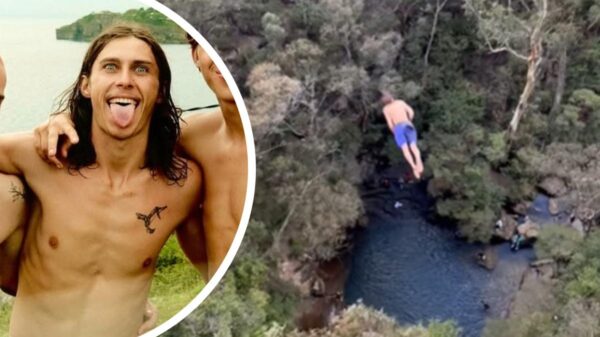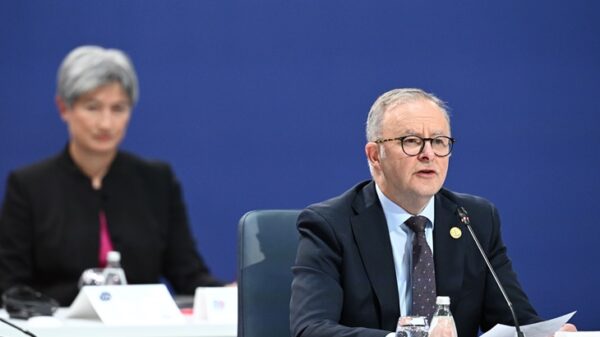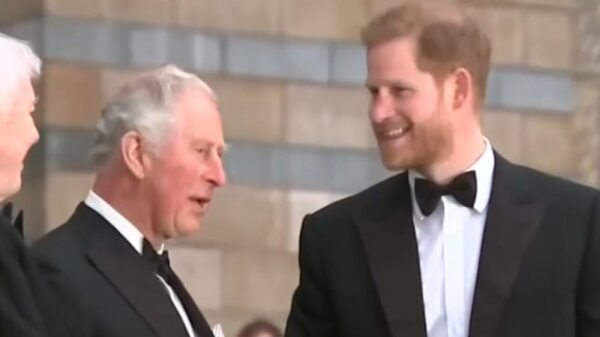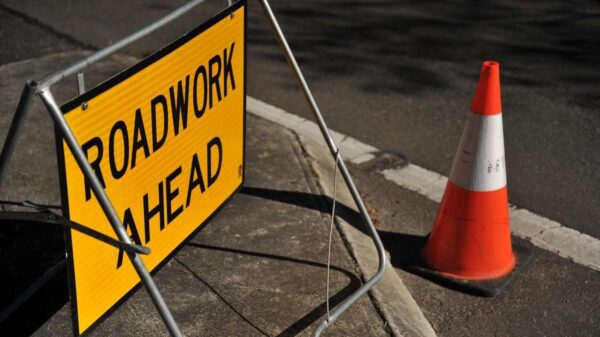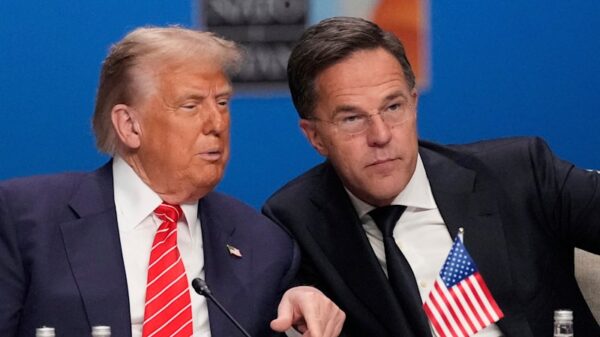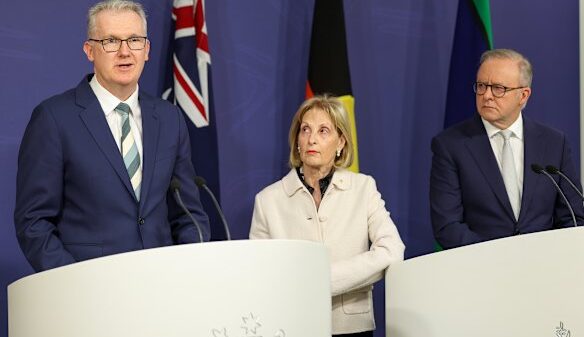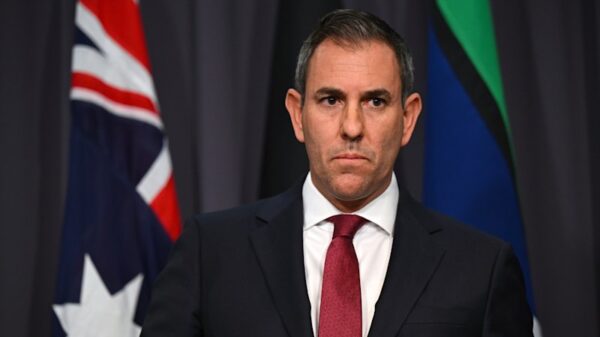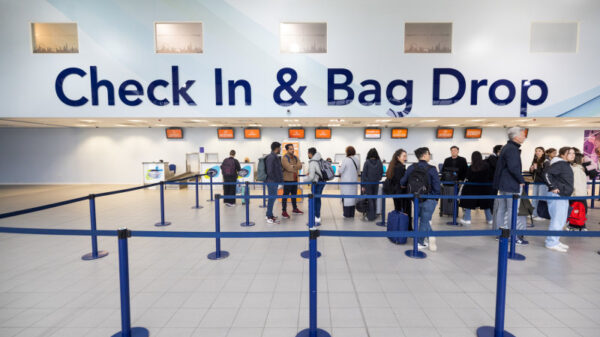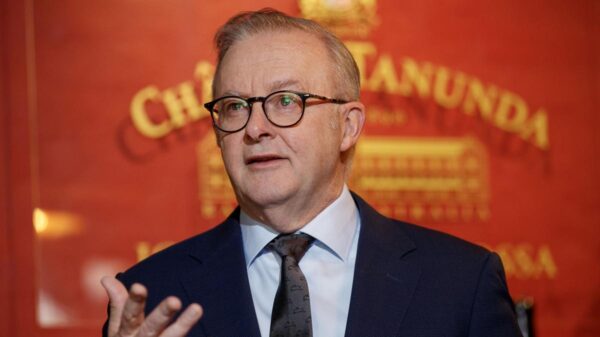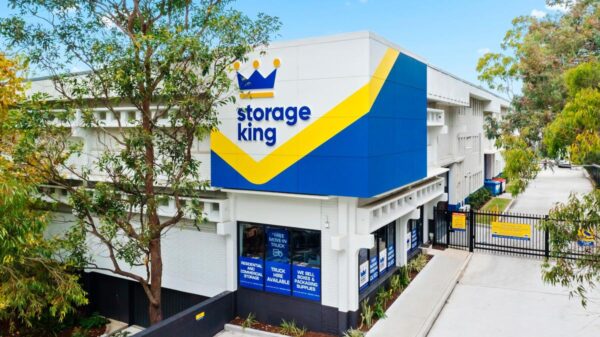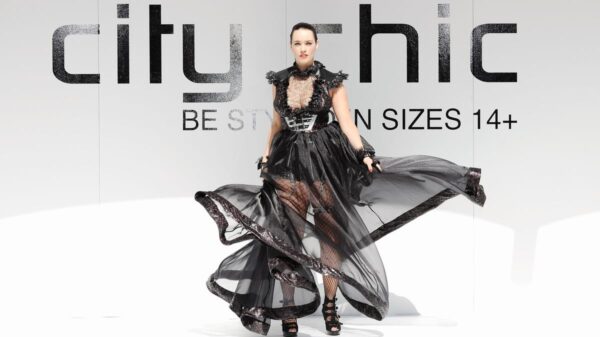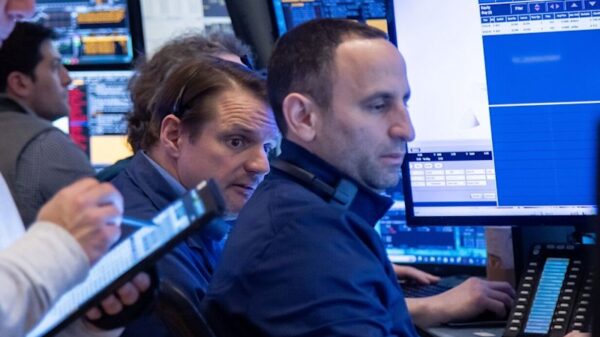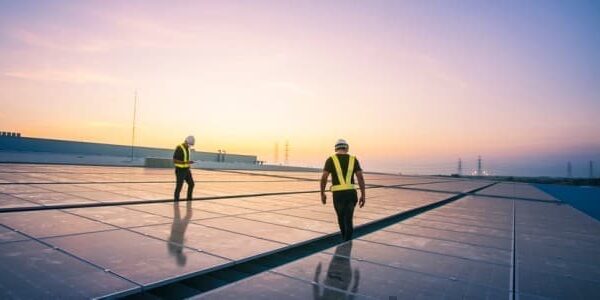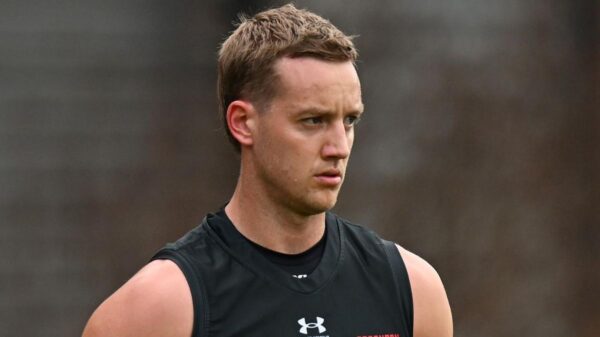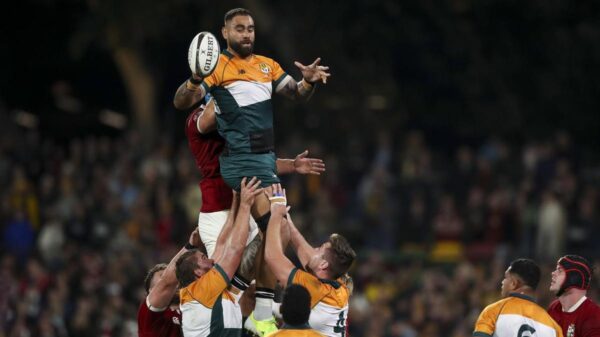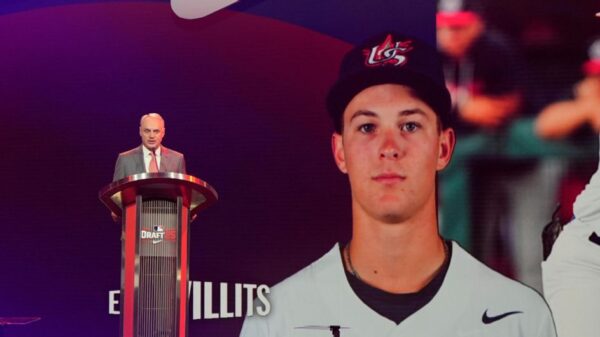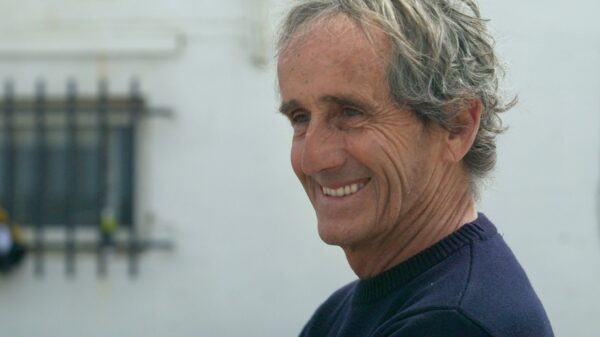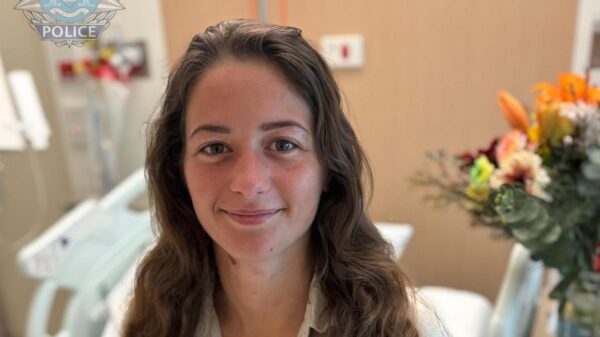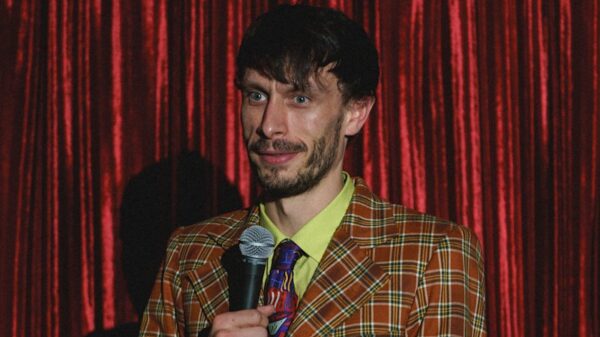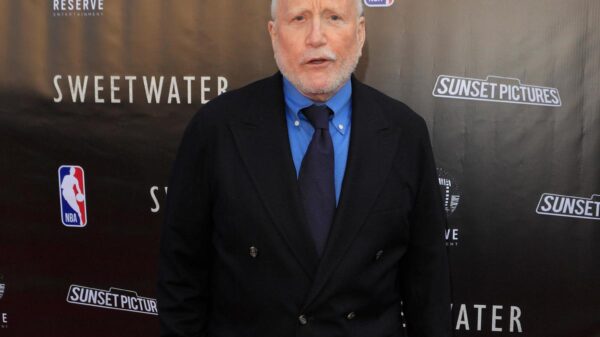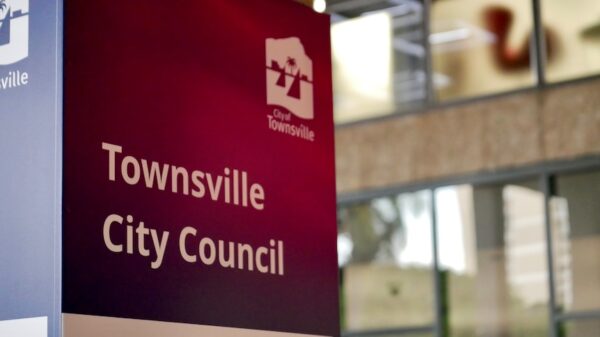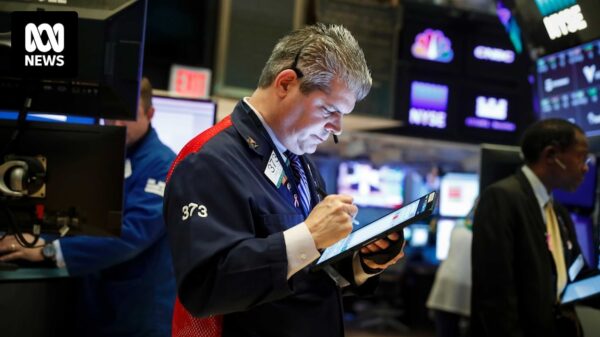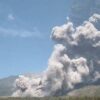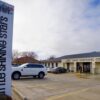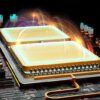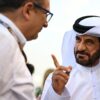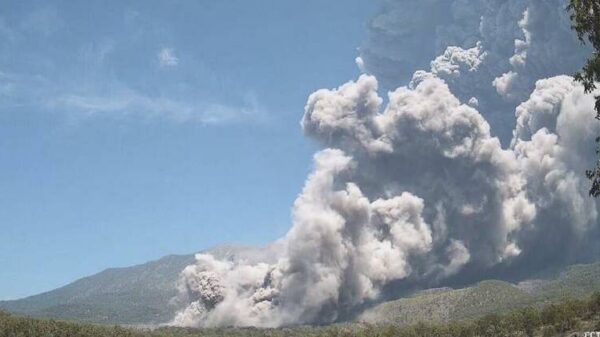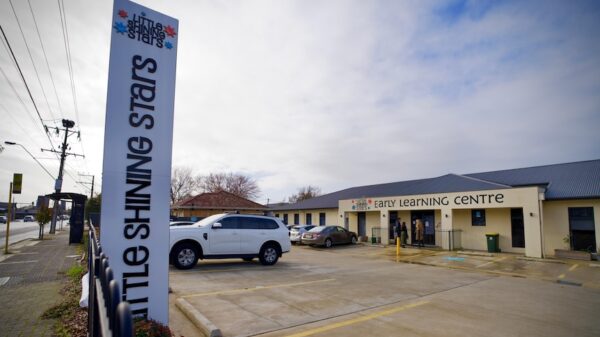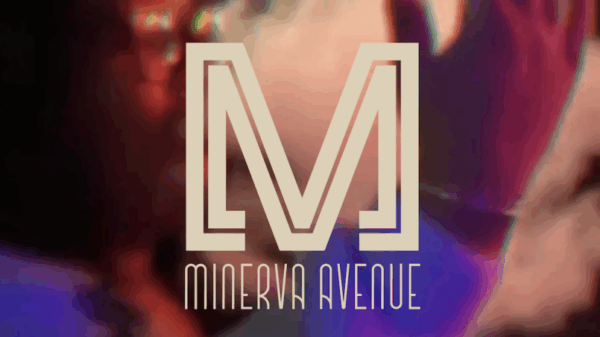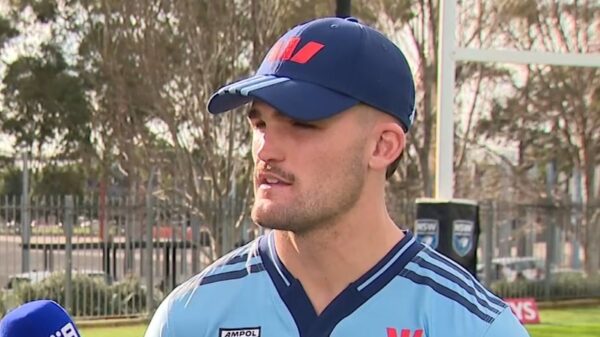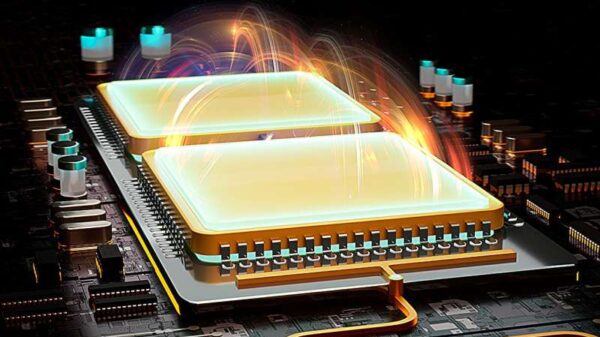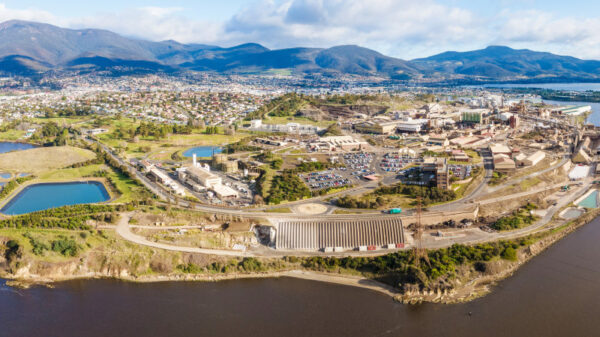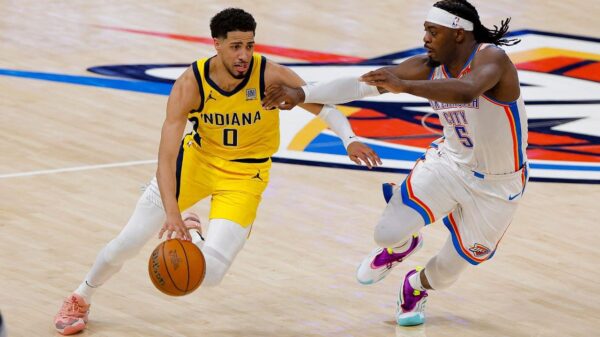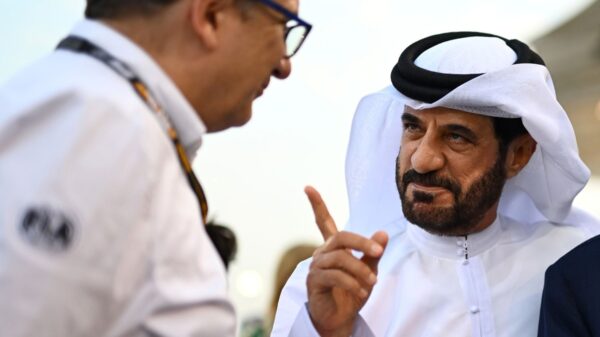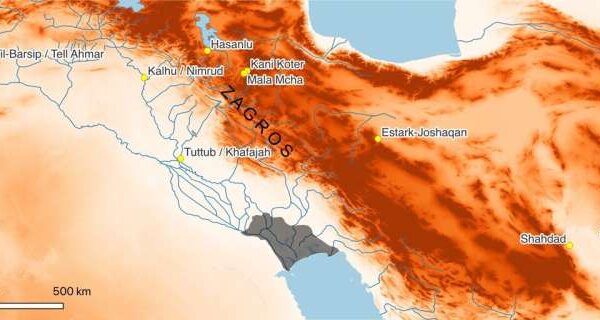OpenAI has recently expanded its engineering team by hiring several high-profile personnel from Tesla, xAI, and X. The move signals a significant shift in the dynamics of the artificial intelligence industry, particularly as OpenAI continues its quest to advance AI technology.
On Tuesday, Wired reported that OpenAI has successfully recruited four engineers from these companies. Key hires include David Lau, Vice President of Software Engineering at Tesla; Uday Ruddarraju, head of infrastructure engineering at X and xAI; and fellow xAI engineer Mike Dalton. Additionally, Angela Fan, an AI researcher previously at Meta, has joined the team. An internal message from OpenAI co-founder Greg Brockman confirmed these appointments.
“We’re excited to welcome these new members to our scaling team,” said Hannah Wong, an OpenAI spokesperson. “Our approach is to continue building and bringing together world-class infrastructure, research, and product teams to accelerate our mission and deliver the benefits of AI to hundreds of millions of people.”
Lau has held his position at Tesla since 2017, focusing on firmware, platforms, and system integration. In a statement to Wired, he expressed enthusiasm about his new role, stating, “It has become incredibly clear to me that accelerating progress towards safe, well-aligned artificial general intelligence is the most rewarding mission I could imagine for the next chapter of my career.”
The hiring of these engineers comes amidst competitive pressures in the AI landscape. Optimistic projections indicate that xAI could achieve profitability by 2027, as reported by Bloomberg. If these estimates hold, it would represent a notable accomplishment, especially as OpenAI anticipates cash flow positivity by 2029.
Ruddarraju and Dalton significantly contributed to the development of the Colossus supercomputer at xAI, which consists of over 200,000 GPUs. At OpenAI, one of the major ongoing initiatives is the Stargate program. Ruddarraju emphasized the importance of infrastructure in AI development, stating, “Infrastructure is where research meets reality, and OpenAI has already demonstrated this successfully. Stargate, in particular, is an infrastructure moonshot that perfectly matches the ambitious, systems-level challenges I love taking on.”
The competitive landscape is further complicated by ongoing legal disputes. Elon Musk, who co-founded OpenAI, is currently suing the organization over its shift to a for-profit model and its acceptance of a substantial investment from Microsoft. In response, OpenAI has filed a counter-lawsuit, alleging that Musk is interfering with the company’s business practices and engaging in unfair competition.
As OpenAI continues to attract top talent, the implications for the AI industry are profound. This strategic hiring move not only strengthens OpenAI’s capabilities but also reflects the rapidly evolving nature of artificial intelligence development. The landscape is shifting, with leading figures from established companies now contributing to the competitive edge of OpenAI.

